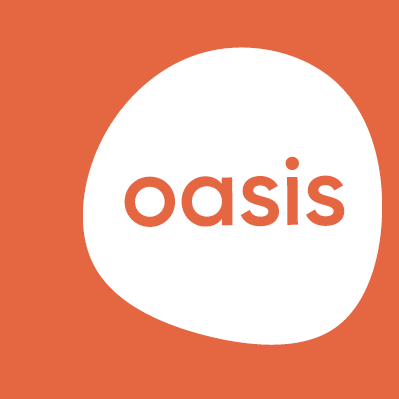Adaptability and flexibility in the workplace – why does it matter?
While these two are similar, they are two different things. When someone is adaptable, they have a willingness to change to match different situations. They are always ready to adjust to various roles, willing to learn new skills and to try to overcome challenges. Adaptability is an important skill to have in today’s workplace.
When someone is flexible, they can easily adapt to various situations and respond well to new environments. People who are flexible can do well in all kinds of roles and typically possess resilience, which can help them withstand changes or readily recover from difficult conditions.
People who are resilient often enjoy change and can even thrive in difficult conditions. Resilience is also an important skill to have in the workplace today, where we are all facing change on a regular basis.
No matter what organisation or industry, one thing that is always certain is change. We have seen the world of work change so many times over the last few years, and the sign of a good organisation is its ability to respond to these changes. From tech advancements like AI to unexpected events like the pandemic, change is now a constant factor. Now more than ever, organisations are looking for people who can easily adapt to these changes in the best possible way.
When things don't go according to plan or when you're starting a new career path, showing these skills can help to boost success. As workplaces are constantly digitising their processes and changing their work environments, having an adaptable workforce is incredibly important.
So how can you show adaptability and flexibility in some way?
Active listening and clear communication skills are necessary for being adaptable at work. When changes arise in the workplace, individuals can ask for clarification and find the resources they need. Communicating and listening well shows that you are attentive to change and ready to embrace it.
A huge part of being adaptable involves working with different people in different environments. Having strong interpersonal skills helps you to interact with diverse people in an effective way and can also help to avoid miscommunications or even conflicts.
Adaptability and flexibility are all about responding to the unknown. Being able respond creatively to different scenarios and challenges is an important skill. Being organised makes it a lot easier to be adaptable and flexible. Preparing yourself for change is one of the most important steps towards responding to it swiftly.
The best way to start improving your flexibility and adaptability is to have the right mindset. Try to embrace change and think of it as a positive thing. Instead of worrying about situations that could happen, try to focus on what you have under your control. This can put you in a much better position to deal with change when it happens.
To demonstrate adaptability and flexibility at work, one of the best ways to do this is to take on new responsibilities and challenges. Try to think about tasks that are different from your usual role, and volunteer to take them on. You can learn new skills and improve your level of flexibility. Just make sure that you understand and can handle whatever new responsibilities you choose to take on!
Working on new skills is important for adaptability, but focussing on improving your weaknesses is even more crucial. A great way to do this is to ask your line manager or colleagues for feedback to identify areas that you can improve. This helps you develop and improve on your weaknesses, which makes you more flexible. It also shows your willingness to grow and improve your skills.
Lise Ribeiro


